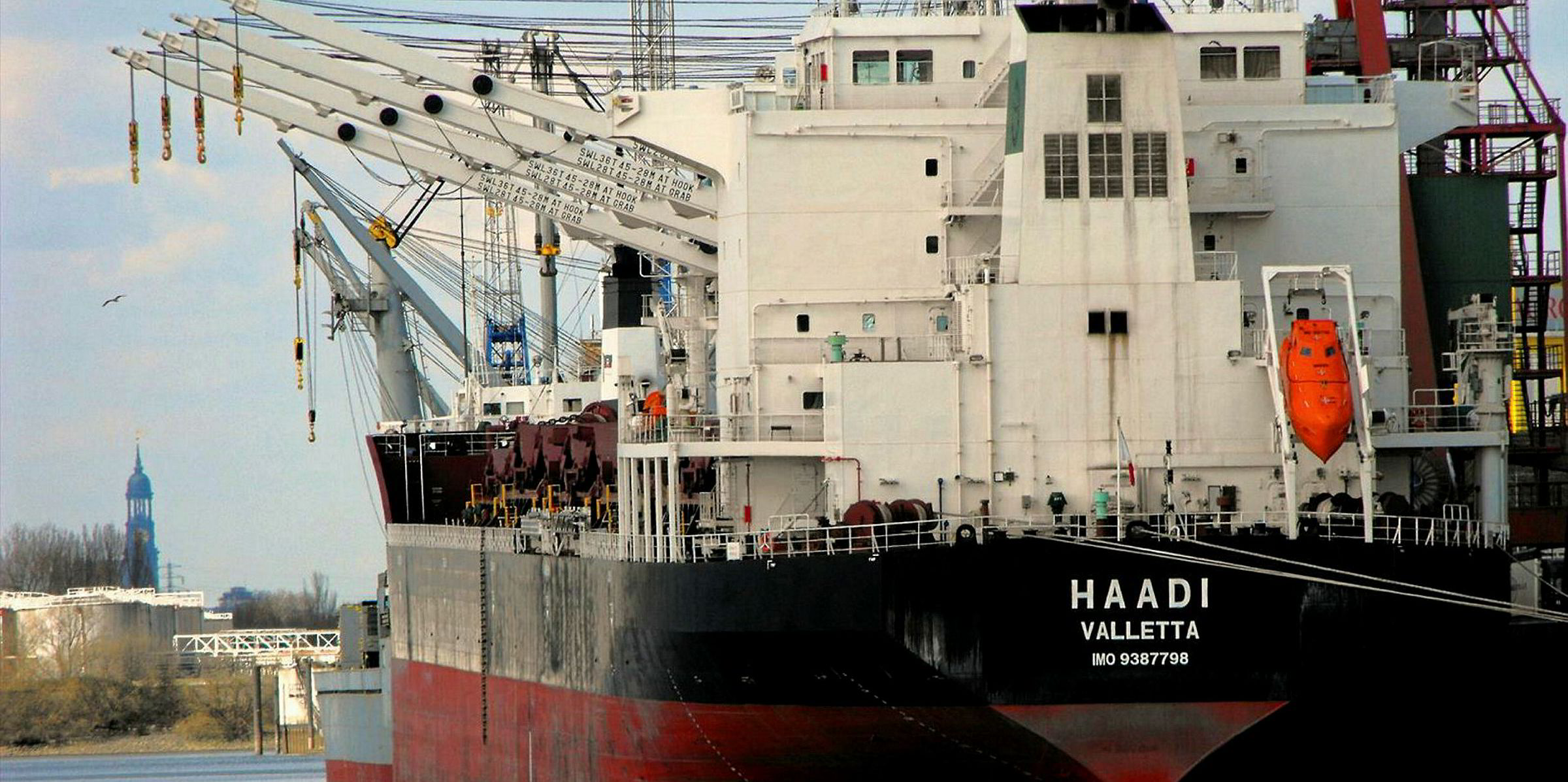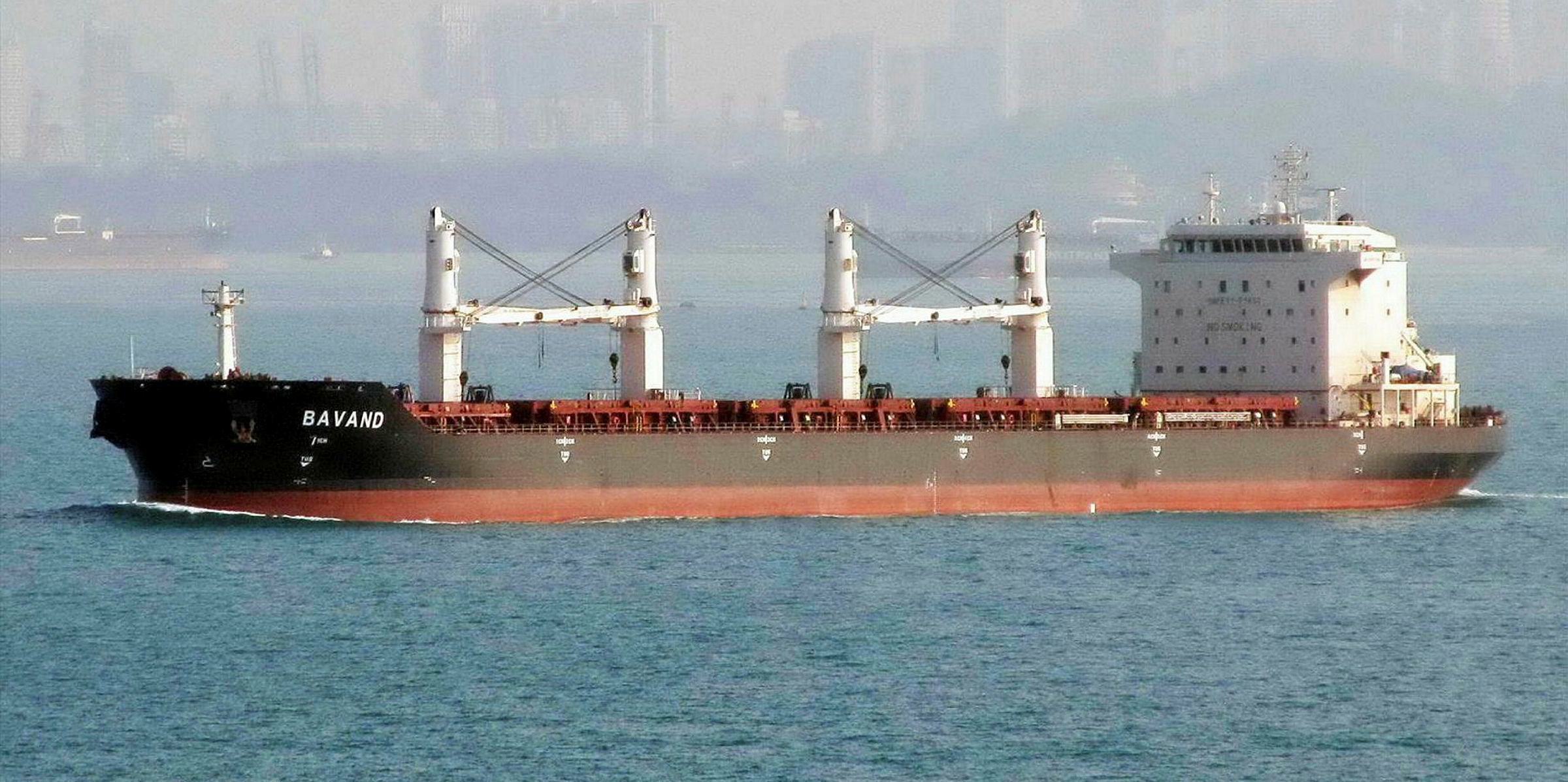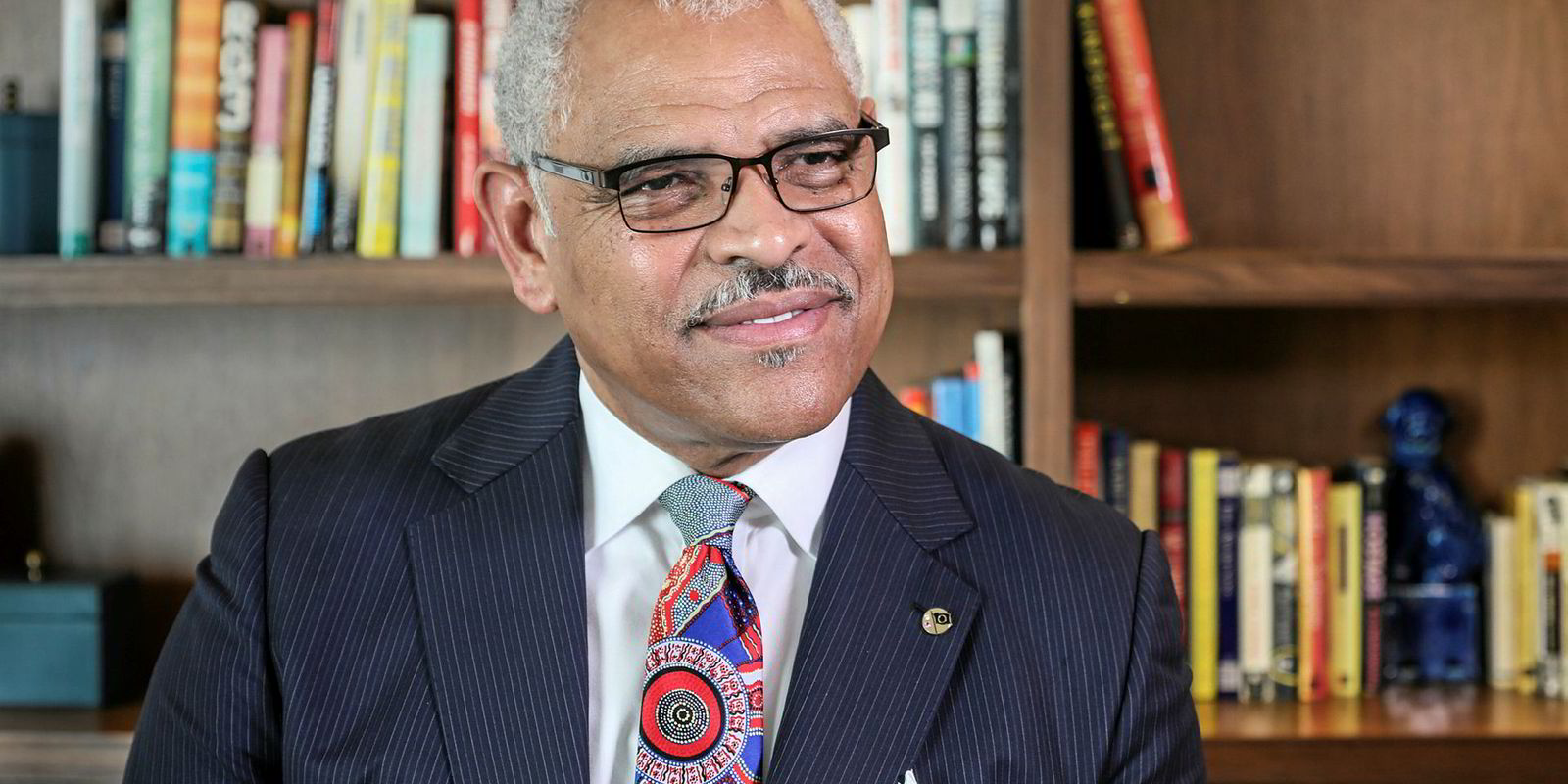Mid-Ship Group has agreed to pay some $872,000 over what the US Treasury Department calls "apparent violations" of US sanctions against Iran in brokering two bulker charters.
The Port Washington, New York-based shipbroking, logistics and ship-finance group has admitted to no wrongdoing in the case.
The recent revival of the case by the Treasury Department's Office of Foreign Assets Control (Ofac) and the large fine comes as the Donald Trump administration is taking a harder line against Iran.
Documents indicate that the case had lain dormant for over seven years after Mid-Ship put in place an enhanced compliance, record-keeping and training programme at the end of 2011 to prevent future infractions.
Mid-Ship managerial personnel were also aware that financial institutions had rejected at least two payments for 'administrative reasons', 'security reasons', or 'compliance issues'
US Treasury Department officials
Non-sanctioned parties
In its agreement dated 15 April, Mid-Ship chief executive Eric Wolfe said the charters in question were originally done with non-sanctioned parties with vessels not specified.
The document also stated that the vessels eventually nominated were not in Ofac's blacklist by their then-current name and that the transactions for which the company is faulted are third-party demurrage and commission remittances from which it received no revenue.
The alleged violations date back to 2010, and information released by Ofac shows Mid-Ship repeatedly consented to keeping the case alive despite time bars.
Mid-Ship's legal representative, K&L Gates partner George Kontakis, said in a statement to TradeWinds: "Mid-Ship fully cooperated with Ofac during the past nearly 10 years, and ultimately decided to settle this matter with Ofac without admitting liability or that Mid-Ship actually engaged in any of the alleged conduct, rather than fight City Hall."
The payment frees Mid-Ship of potential civil liability for two sets of chartering deals that US Treasury officials believe violated US sanctions against Iran, one of the countries the US deems "weapons of mass destruction proliferators".
The law enforcement officials contend that Mid-Ship's case was "egregious" because evidence from internal communications shows it was aware of what it was doing and failed to self disclose its actions afterwards.
"Mid-Ship’s culture of compliance appears to have been deficient at the time of the apparent violations," wrote Treasury Department officials in this week's announcement, which does not identify Mid-Ship officials by name or specific job title.
"For example, in one instance, a Mid-Ship senior manager discussed receiving an electronic funds transfer in a non-US dollar currency from a third party after learning a financial institution was holding the payment due to the inclusion of a vessel name included in the remittance field.

"Mid-Ship managerial personnel were also aware that financial institutions had rejected at least two payments for 'administrative reasons', 'security reasons', or 'compliance issues'.”
Ofac says the vessels had been publicly flagged by IMO number, although not by their name that was current at the time, on its Specially Designated Nationals, or SNDs, blacklist.
Updated list
By the time Mid-Ship had remitted funds in fulfilment of the fixtures, however, the SDN list had been updated to show the correct current names of the vessels, according to the Treasury's announcement of the settlement agreement.
In February 2010, the Treasury officers said subsidiary Mid-Ship China negotiated a charter of the 53,600-dwt supramax bulker Haadi (now Bavand, built 2008) to carry a cargo of coking coal.
Shipping databases now link the Haadi with an Iranian company called Rahbaran Omid Darya, but Ofac claims it then sailed for state-owned Islamic Republic of Iran Shipping Lines (IRISL).
Likewise, in April, Mid-Ship's Turkish and Chinese subsidiaries negotiated a charter of the 43,400-dwt IRISL handymax Adrian (now Teval, built 1986) to carry cargoes of steel coils.
In the case of the Haadi fixture, they say Mid-Ship China staff told a Mid-Ship senior executive that a client had asked them to retry an electronic funds transfer after it failed to go through to its beneficiary on 12 April 2010. The client advised them "not to mention the vessel's name Haadi in the payment instructions" in the second attempt.
In the case of the Adrian fixture, Treasury Department officials say a US financial institution blocked a transfer of some $190,600 over sanctions and Mid-Ship resolved the problem by transferring the funds in Euros rather than dollars.
But Mid-Ship lawyer Kontakis says vessels never appeared on any Treasury blacklist by their correct name until the performance of the charters was already completed. After that, the parties only settled outstanding demurrage and commission bills through Mid-Ship.
"[No] payments were made to or from the vessel, an SDN, or a sanctioned party or country," said Kontakis in the statement on behalf of Mid-Ship.
Mid-Ship chief executive Wolfe had no connection to Mid-Ship until a year ago. Wolfe is president of Watco Supply Chain Services, a land-side logistics company that became a shareholder in Mid-Ship in May 2018.
Founder Matthew DeLuca Jr is understood to have taken on an emeritus role at Mid-Ship.





